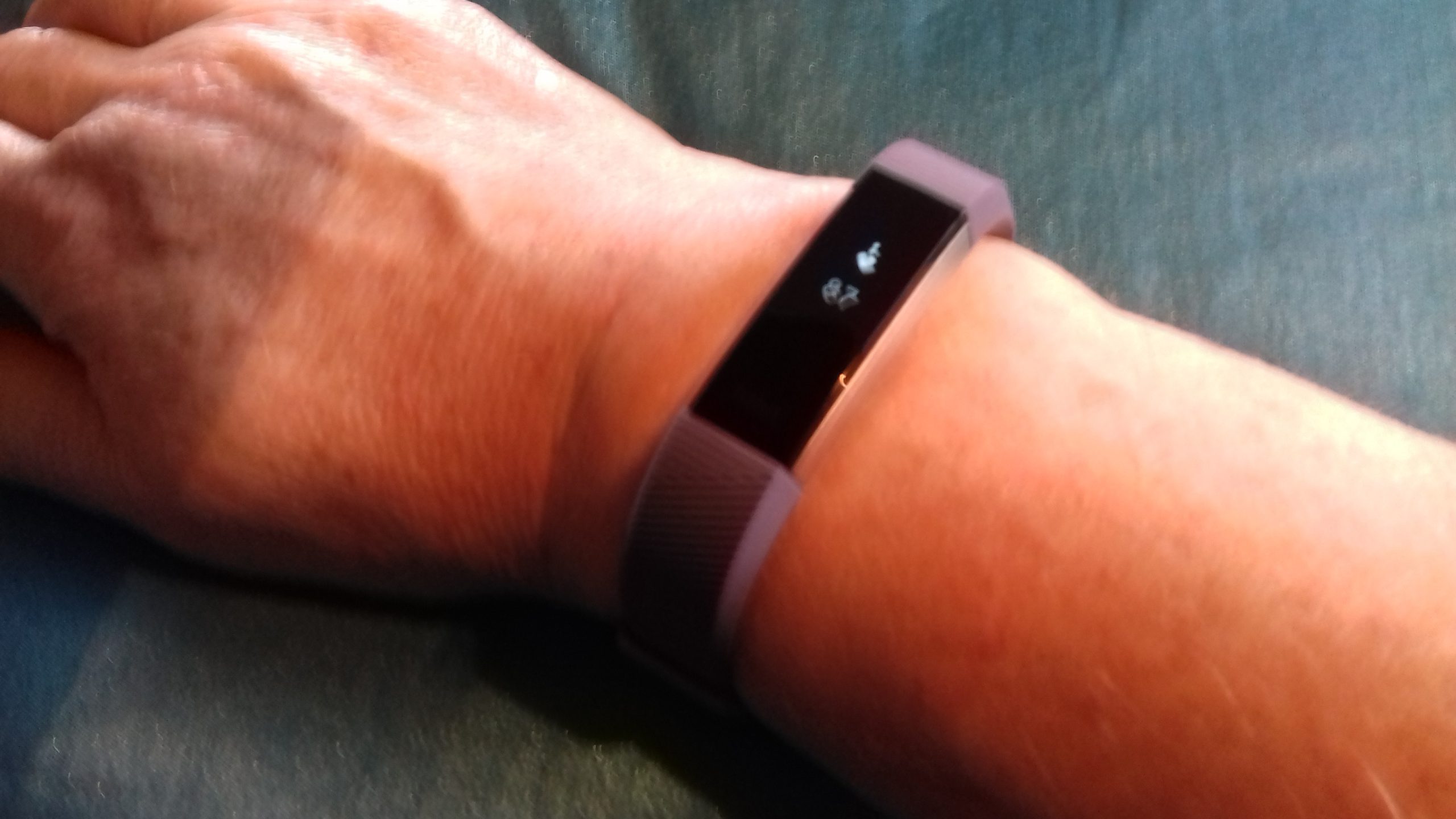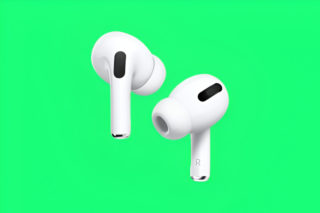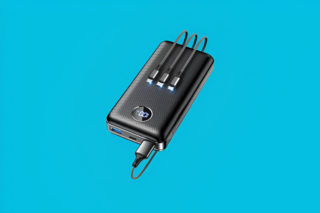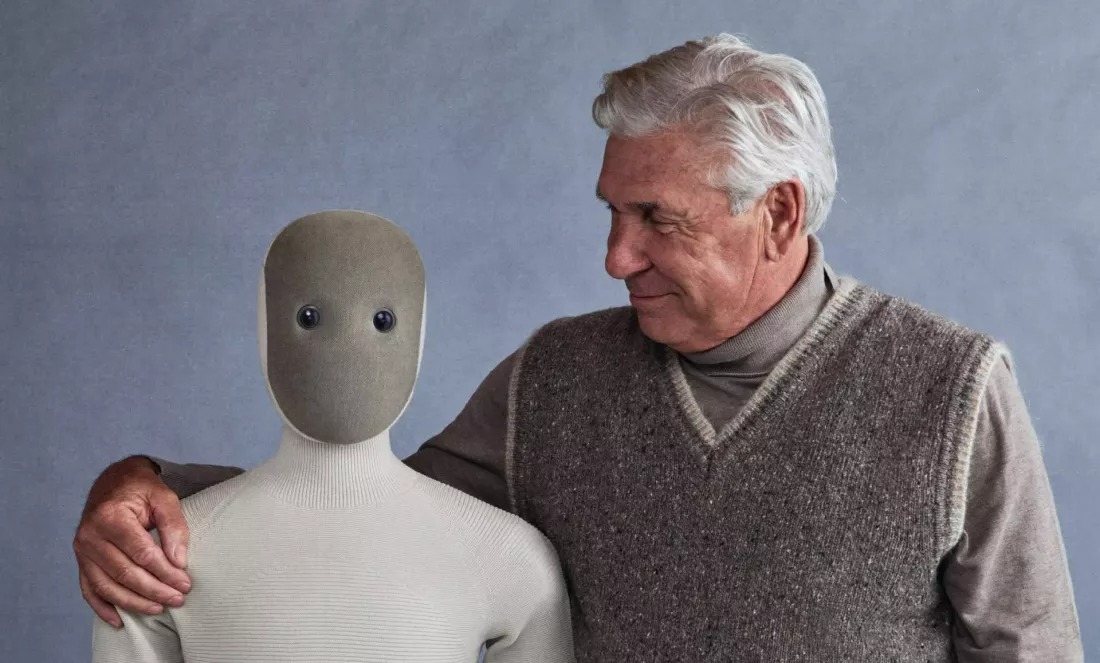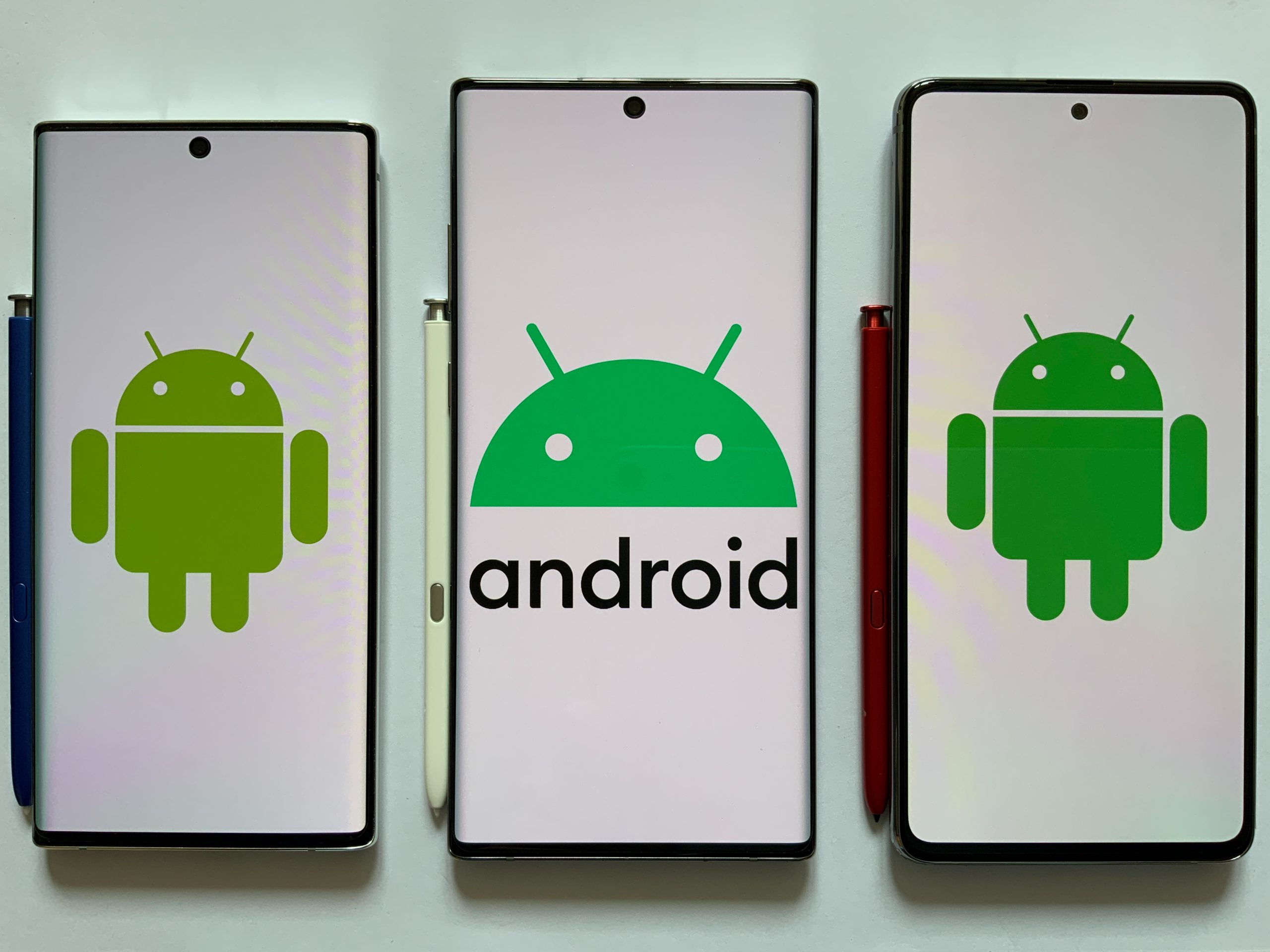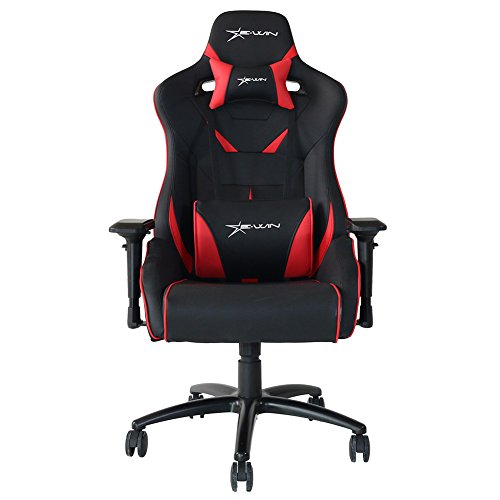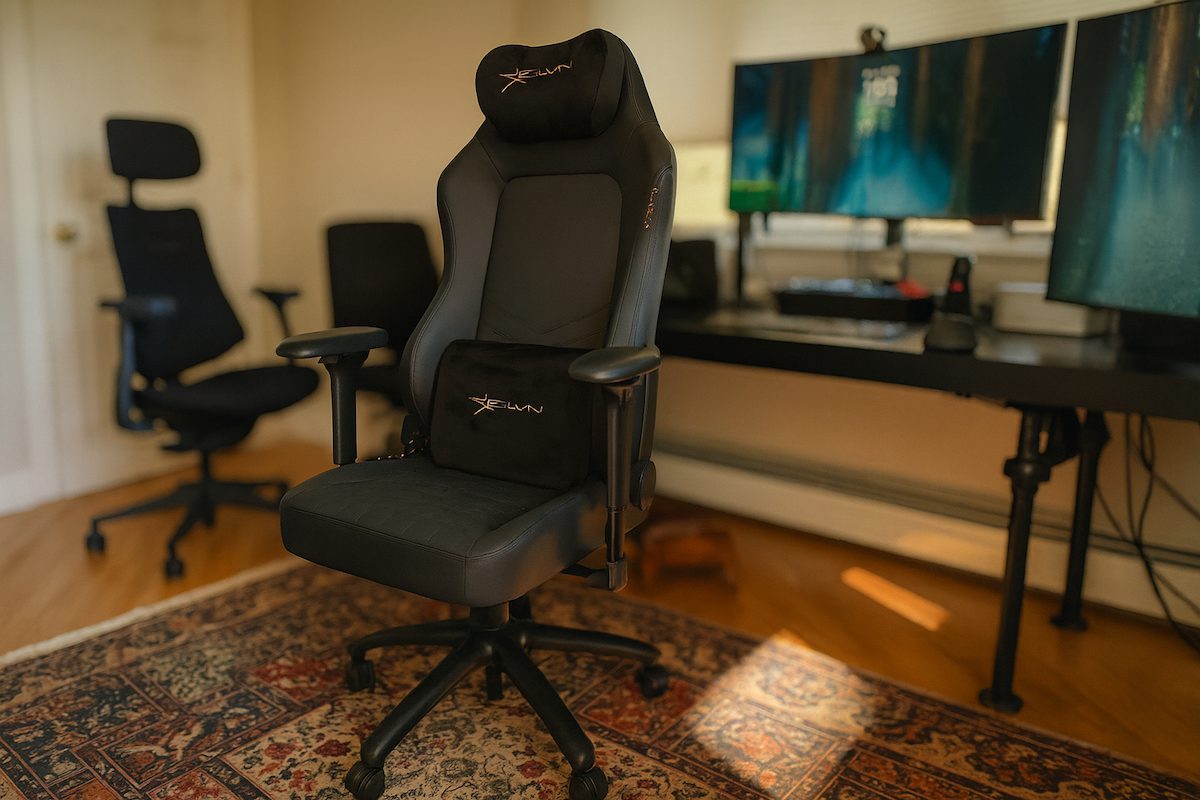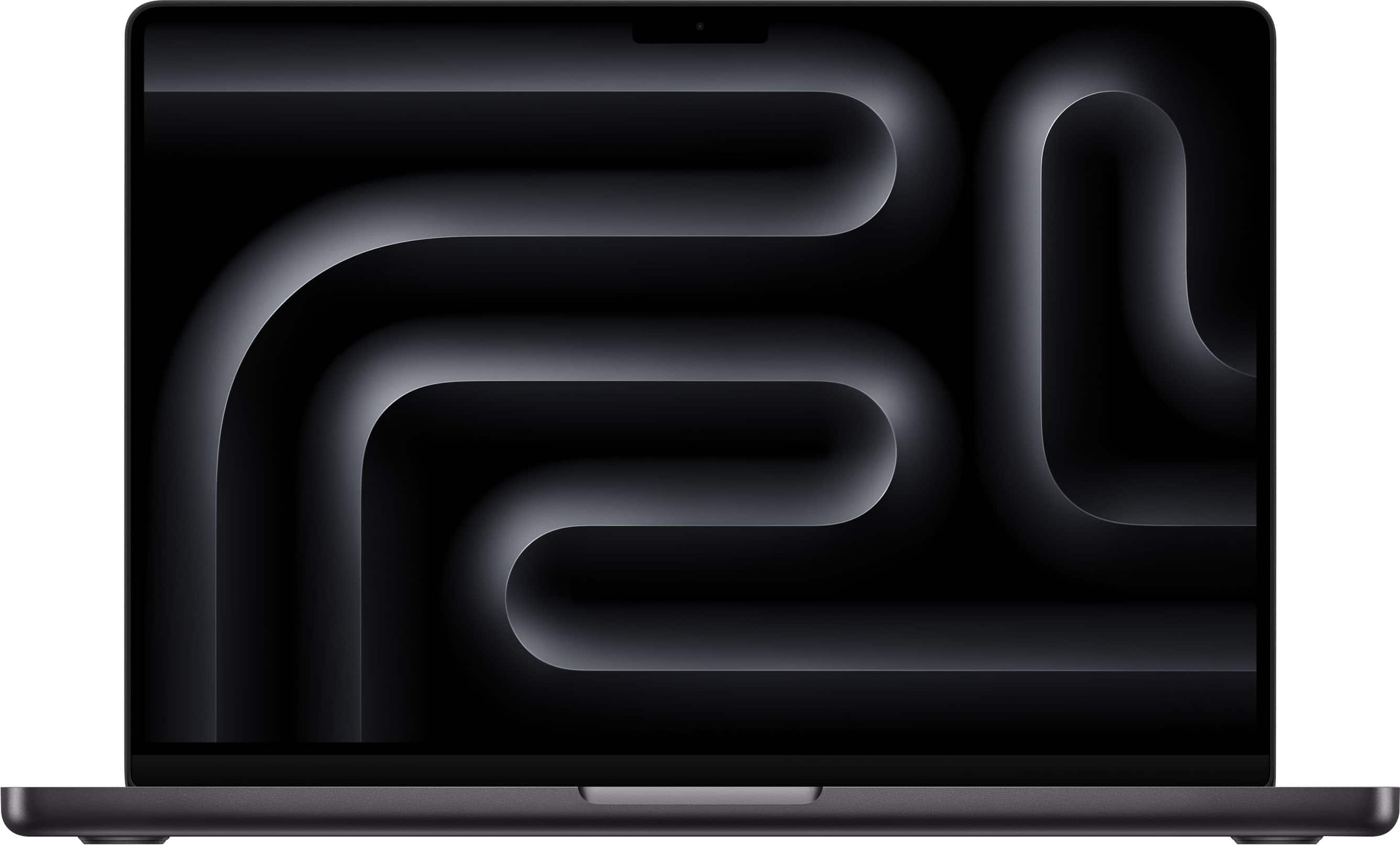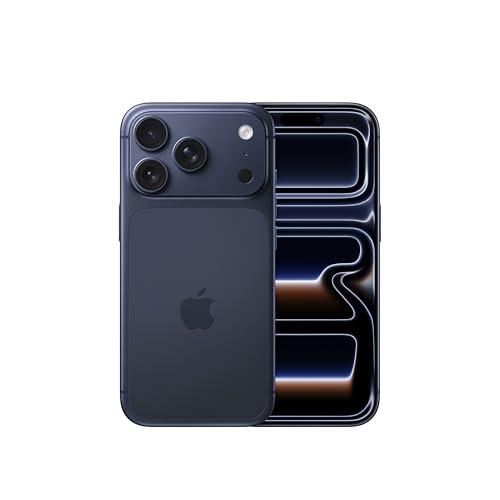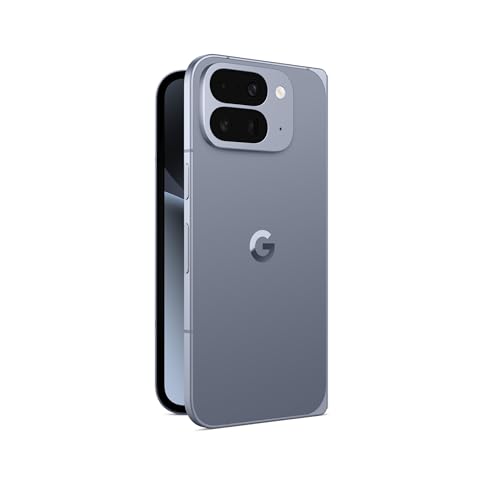Waking up exhausted despite your Oura Ring’s reassuring 85 sleep score creates a special kind of modern hell. You feel rested, but the data says otherwise—or worse, you feel terrible while your Fitbit celebrates another “excellent” night. This disconnect isn’t just frustrating. It’s spawning a new form of sleep anxiety that researchers call orthosomnia: the obsessive pursuit of perfect sleep metrics that paradoxically destroys actual rest.
The Data-Driven Sleep Trap
Sleep trackers create anxiety cycles that override your body’s natural feedback systems.
Orthosomnia manifests as fatigue, irritability, and unrefreshing sleep—the same symptoms as insomnia, but triggered by fixation on tracker scores rather than actual sleep problems. According to sleep researchers, users develop performance anxiety around their nightly numbers, checking apps obsessively and making “corrective” changes based solely on algorithmic feedback. Your body says you’re fine, but your Whoop band disagrees, so you trust the device.
The psychological cycle becomes self-perpetuating. You wake up feeling decent, check your score, see a disappointing number, and suddenly question whether you actually feel okay. That doubt transforms into anxiety about tonight’s performance, which inevitably disrupts your next sleep cycle.
Why Your $300 Ring Gets It Wrong
Consumer sleep trackers frequently misclassify sleep stages and miss brief wake periods entirely.
Here’s the uncomfortable truth: those algorithms aren’t medical-grade. Sleep trackers estimate stages based on movement and heart rate, frequently mistaking restlessness for wakefulness or missing brief wake periods entirely. Studies show poor concordance with polysomnography—the gold standard sleep test—yet users treat nightly scores as definitive health assessments.
It’s like trusting TikTok’s algorithm to understand your actual interests while it serves you content based on three random taps. These devices excel at measuring overall sleep duration but struggle with the nuanced stage classification they market as their primary feature.
Breaking the Optimization Obsession
Experts recommend tracking trends over time, not optimizing individual nights.
Sleep specialists increasingly advise using trackers only for broad patterns, not night-by-night decision-making. The moment you start adjusting bedtime routines or feeling anxious about tomorrow’s score, you’ve crossed into orthosomnia territory. Take breaks from tracking if distress develops. Focus on how you actually feel during the day rather than what your device thinks happened while you slept.
Your body evolved sophisticated sleep regulation systems long before Silicon Valley started quantifying rest. Sometimes the most revolutionary act is trusting your own experience over the data.


